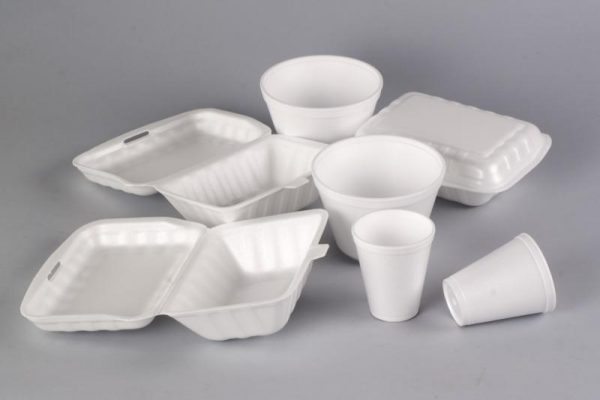

Muscat: Using foam containers to serve hot food may not be safe, according to experts. There is an increasing trend among the households of Oman to use styrofoam plates and glasses for convenience at home and while outing at parks or beaches.
While using the foam wares for cold foods is safe to a great extent, polystyrene can release cancer-causing chemicals called nitrosamines when in contact with heat.
“One should not heat food in these foam containers nor should have hot foods or drinks in these glasses or plates”, says Dr Dilip Kumar Singhvi, internal medicine specialist.
Industry experts said that most plastic plates are made from a material called polystyrene, which is a polymer of styrene, a compound of carbon and hydrogen. Studies say that styrene is a component of polystyrene which is a harmful chemical that can leech into food and drink. Health organisations have classified styrene as a carcinogen.
Dr Fatma al Balushi, Director, Human Resources Affairs at the MoCS, said there are a number of studies that warn about the risk of having food on such disposable plates.
“Different sorts of diseases which may be even difficult to diagnose result from the use of such styrofoam plates for hot foods. It has also been linked to leukaemia, lymphoma and other cancers.”
“These plastic cups are made from polymers of hydrocarbons. Various chemicals are added to it for stability. Harmful chemicals are released when these polymers come in contact with heat,” says Dr Benny Panakkal, senior cardiologist, adding that they can lead to various health issues ranging from prostate and breast cancers to infertility and impotency.
“Having tea in plastic or styrofoam cups or heating food in plastics has its own repercussions. When we heat food in plastics the plastic undergoes chemical change under high temperature and toxins from plastic are transferred from the utensil to the food that we consume,” says Dr Viresh Chopra of Dentistry, Oman Dental College.
These toxic, hard-to-biodegrade materials are also an environmental hazard choking water resources and source of pollution.
Oman Observer is now on the WhatsApp channel. Click here



